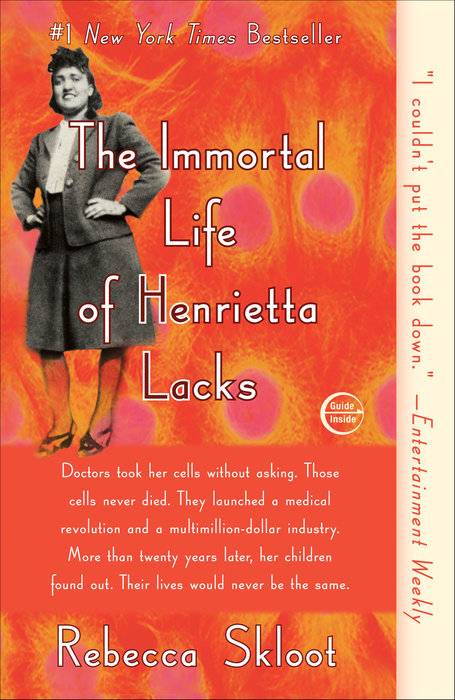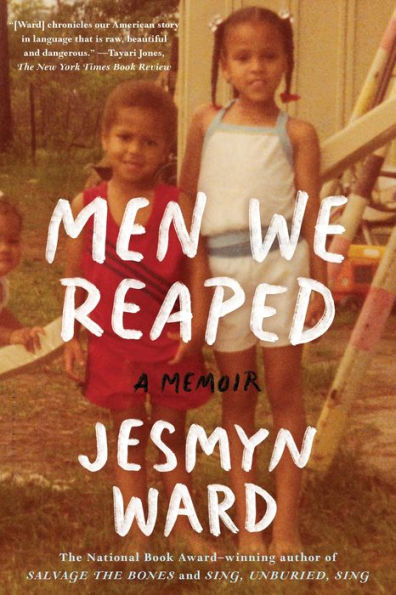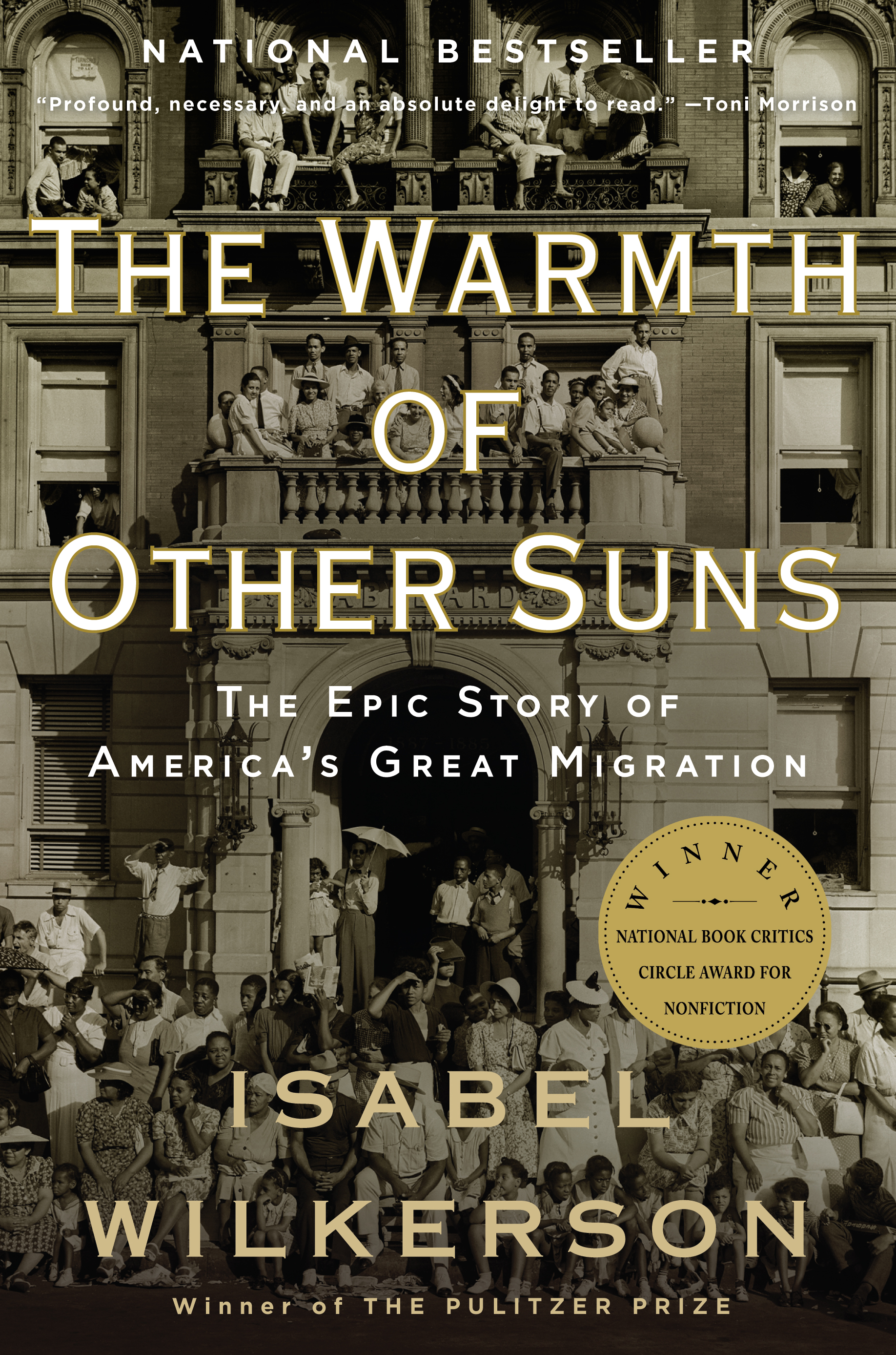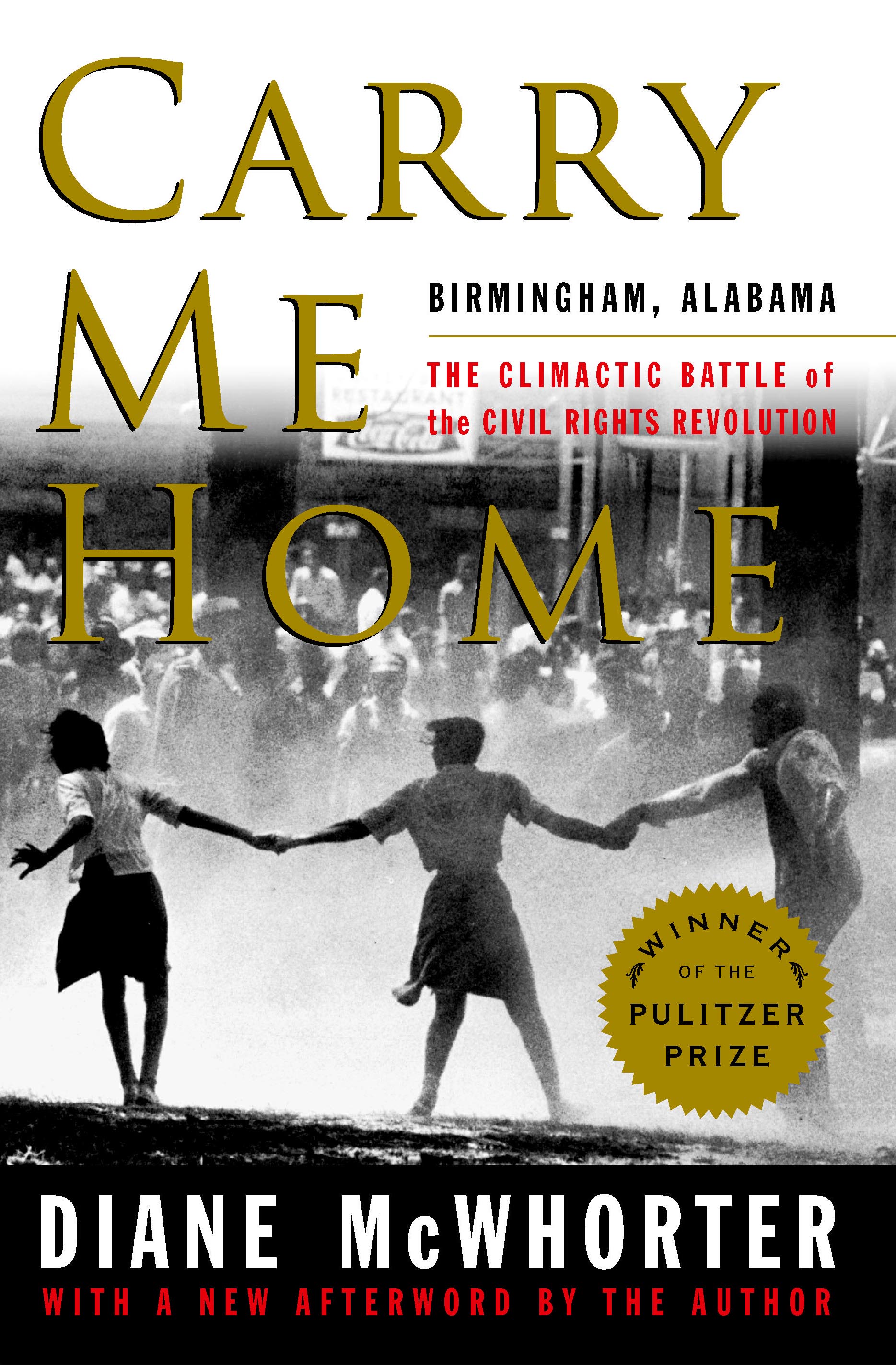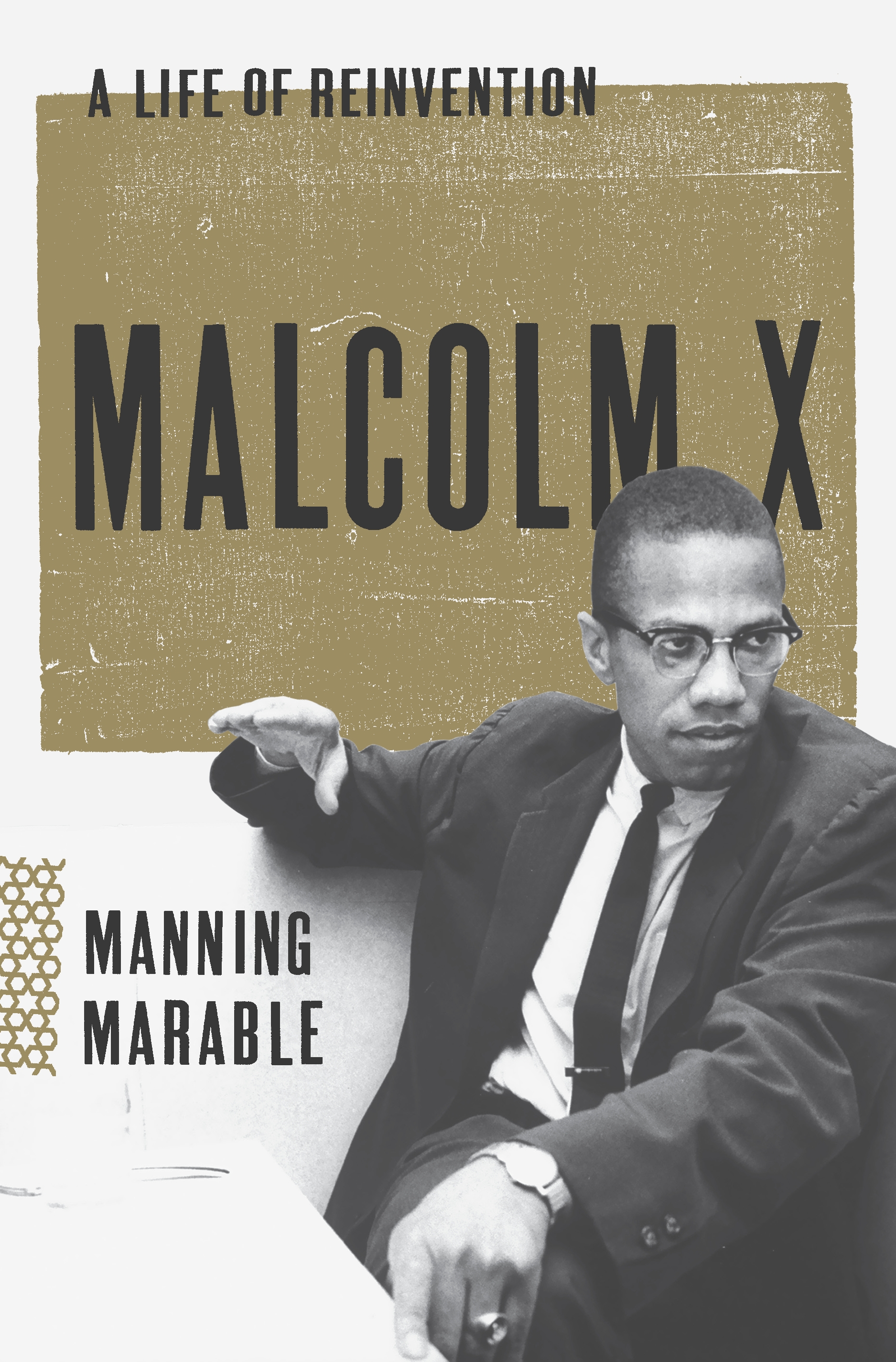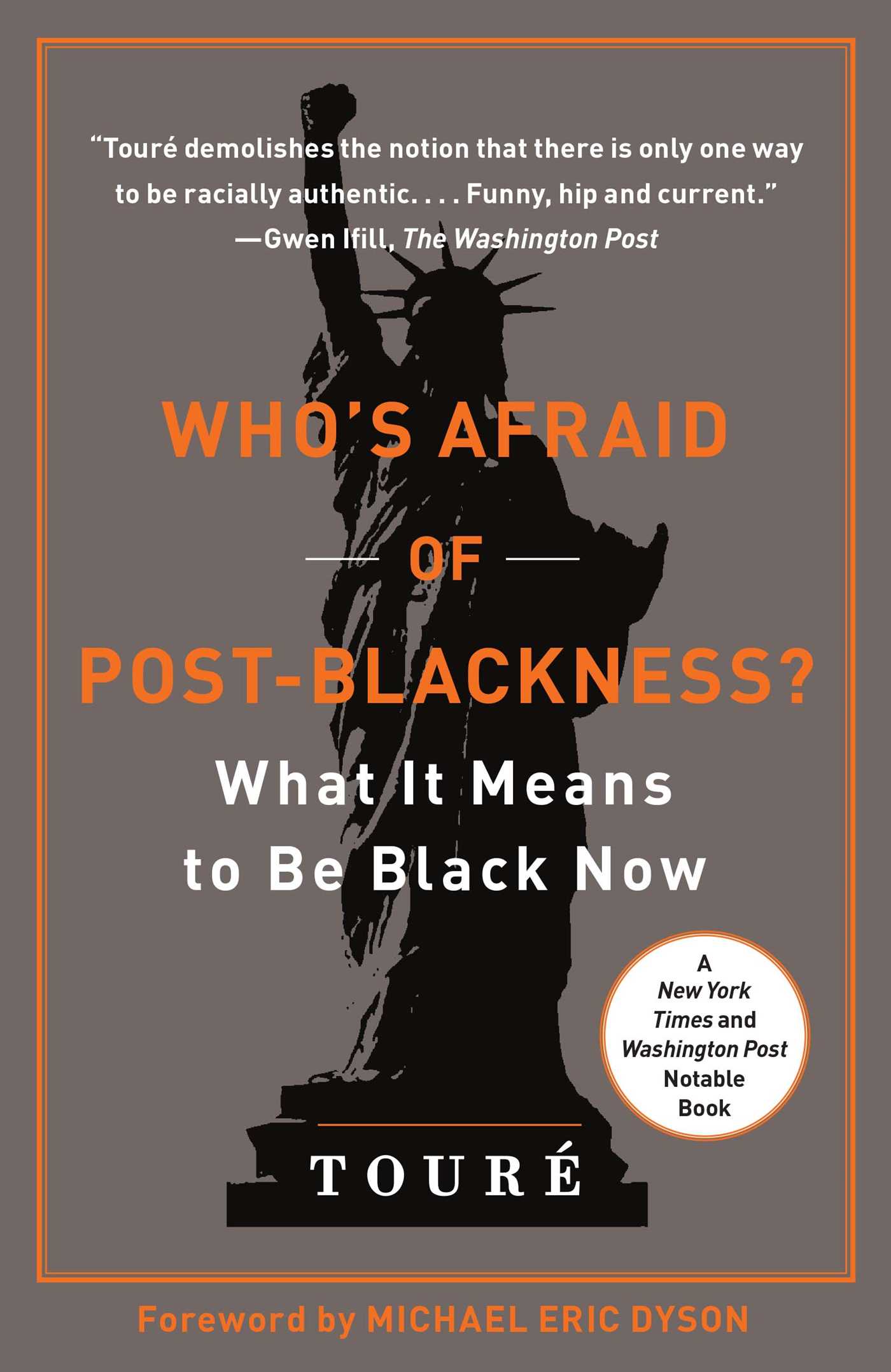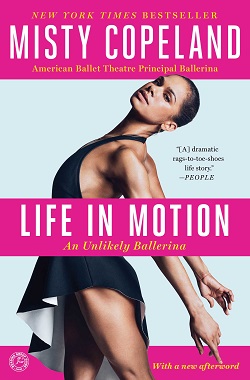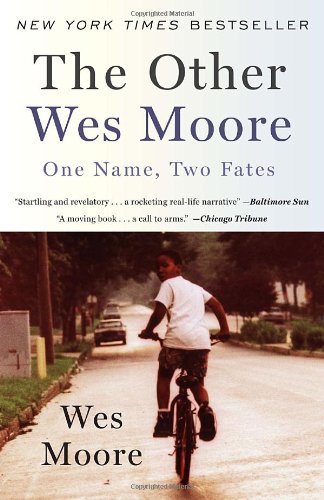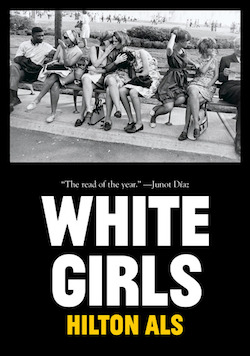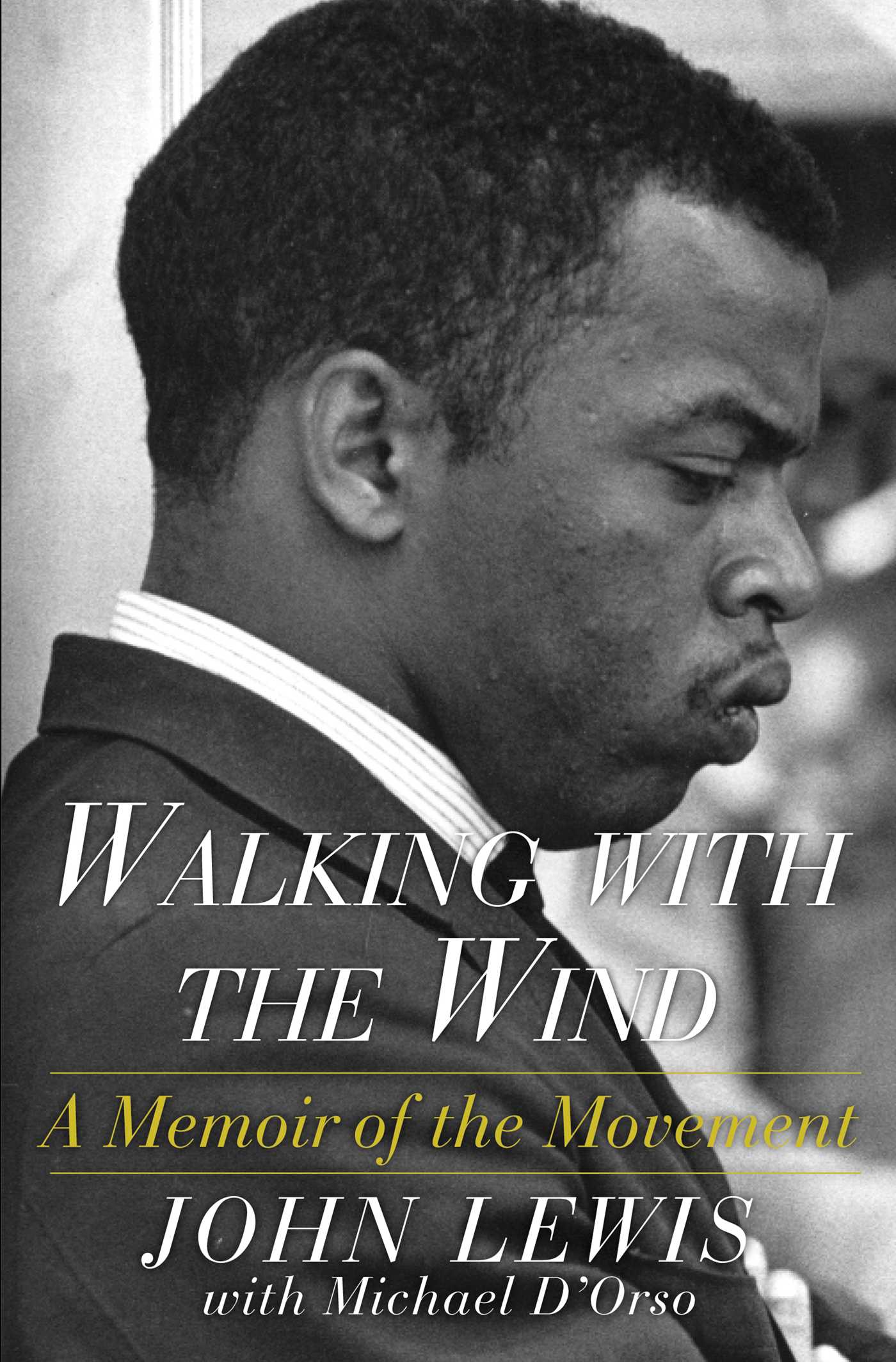February is Black History Month, and while we don’t believe in pigeonholing black history to just one month, we’ll happily seize this opportunity to recommend some fantastic books. Spanning from biography to history, memoir to cultural criticism, these 12 books capture the range, depth, and complexities of the African-American experience—and remind us that black history is American history.

11 Essential Reads for Black History Month
12 Essential Books About Race in America
Talking about race isn’t easy. It’s personal, it’s political, it’s visceral. Here are 12 books that have changed the way we talk about race in America.
MENTIONED IN:
Jesmyn Ward shines a light on the tiny community of DeLisle, Mississippi in her new memoir. She grew up and, in the span of four years, lost five young men dear to her. Their deaths—to drugs, accidents, murder, and suicide—were seemingly unconnected, yet their lives had been connected by identity and place. These young men died because of who they were and the place they were from, because they lived with a history of racism and economic struggle that fostered drug addiction and the dissolution of family and relationships. Universally praised, MEN WE REAPED is a Southern requiem that is destined to be a classic.
Epic in scale and beautifully written, Pulitzer Prize–winning author Isabel Wilkerson chronicles one of the great untold stories of American history: the decades-long migration of black citizens who fled the South for northern and western cities, in search of a better life. From 1915 to 1970, this exodus of almost six million people changed the face of America. Told through the lives of three unique individuals, THE WARMTH OF OTHER SUNS is the definitive and vivid account of how these American journeys altered our cities, our country, and ourselves.
There was a turning point in America’s civil rights struggle: 1963. Child demonstrators faced down police dogs in nonviolent marches against segregation. The Klan retaliated by bombing the Sixteenth Street Baptist Church, killing four young black girls. Diane McWhorter, daughter of a prominent Birmingham family, weaves together police and FBI records, interviews with black activists and Klansmen, and personal memories into this extraordinary narrative. A major work of history, investigative journalism, and personal memoir that won the Pulitzer Prize, CARRY ME HOME demonstrates that Alabama remains a civil rights crucible.
Marable’s acclaimed biography of Malcolm X finally does justice to one of twentieth-century America’s most influential and controversial figures. Tracing his path from his parents’ activism as followers of Marcus Garvey through his own work with the Nation of Islam and rise in the world of Black Nationalism, it culminates in the story of his assassination. MALCOLM X unfolds a sweeping story of race and class in America and the definitive work on one of our greatest advocates for social change.
Taking on the notion that there is a correct way of being Black, this provocative book examines what it means to be black in America today. Arguing that the desire to be rooted in but not constrained by blackness is everywhere, that any identity imaginable is black, and that all expressions of blackness are legitimate, Touré argues that racial identity should be understood as fluid, complex, and self-determined.
MENTIONED IN:
When Misty Copeland first placed her hands on the barre, no one expected that this small, shy, thirteen-year-old who slept on the floor in a shabby motel room would make history as the only African-American soloist dancing with the prestigious American Ballet Theatre. But Misty’s story goes beyond the insular world of ballet. Exploring the universal themes of class, race, body image, and coming of age, LIFE IN MOTION is the American story.
In December 2000, the BALTIMORE SUN ran a piece about Wes Moore, a local student who had just received a Rhodes Scholarship. The same paper also covered the murder a police officer and the four young men who were convicted. One was named Wes Moore. While both had grown up in similar neighborhoods, both were fatherless and had run into trouble with the police, their choices would lead them to different destinies. Told in alternating narratives, THE OTHER WES MOORE is the story of a generation of young black men trying to find their way in a hostile world.
MENTIONED IN:
Once in a great while a book comes along that changes the way we see the world and helps to fuel a nationwide social movement. THE NEW JIM CROW—which argues that “we have not ended racial caste in America; we have merely redesigned it”—is such a book. By targeting black men through the War on Drugs and decimating communities of color, the US criminal justice system functions as a contemporary system of racial control even as it formally adheres to the principle of colorblindness. This is a must-read for all people of conscience.
One of the magazine’s boldest cultural critics deftly weaves together his brilliant analyses of literature, art, and music with fearless insights on race, gender, and history.
Congressman John Lewis was at the epicenter of the civil rights movement in the late ‘50s and ‘60s. Arrested more than forty times, he was one of its youngest and most courageous leaders. Writing with charm, warmth, and honesty, Lewis’s memoir moves from the Nashville lunch counter sit-ins as he reflects on the era to the Edmund Pettus Bridge in Selma, Alabama, where he led more than five hundred marchers on what became known as “Bloody Sunday.” The story of a boy from rural Alabama whose journey led him to Washington, Lewis’s profound personal story is a classic of civil rights literature.

